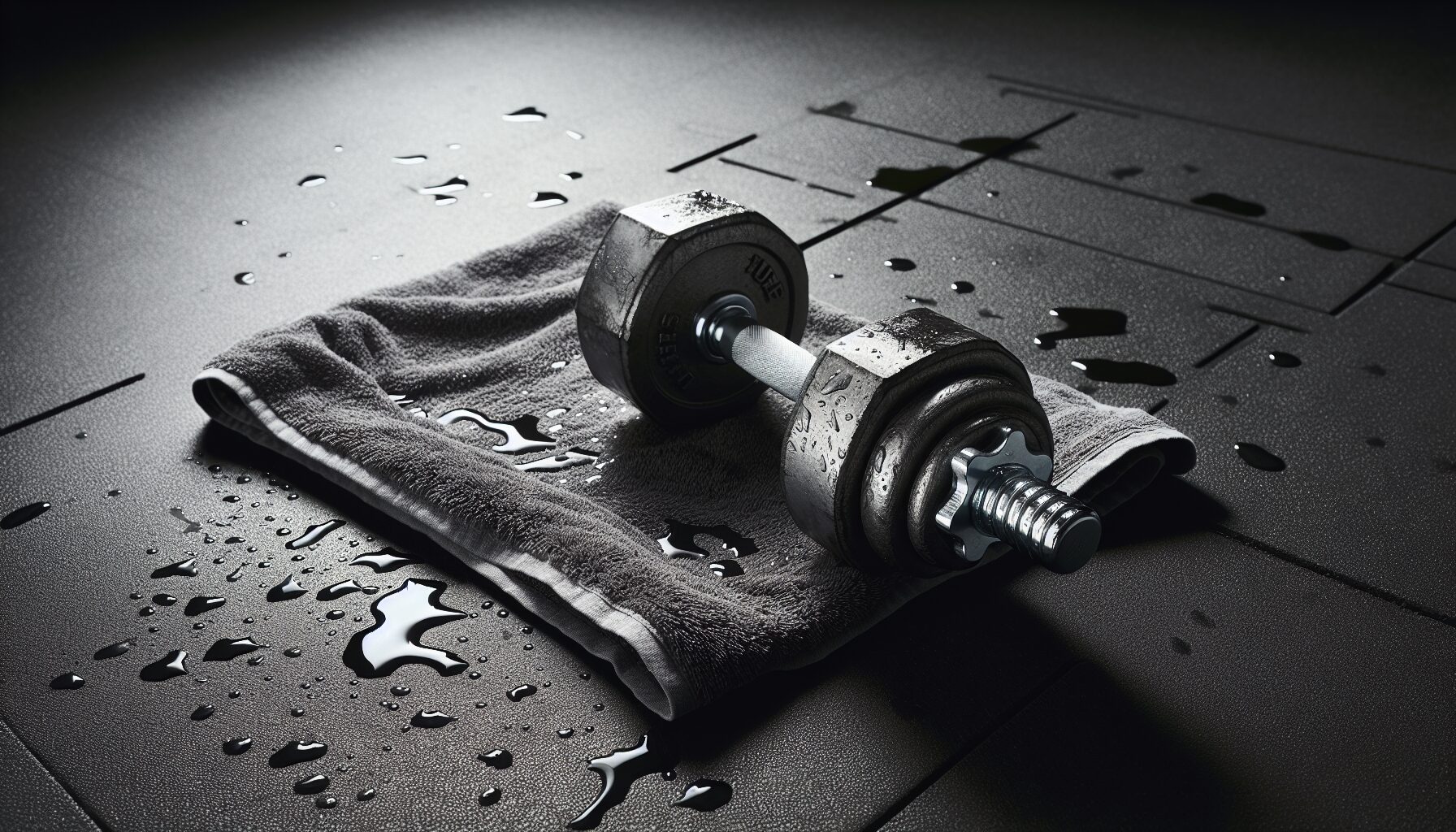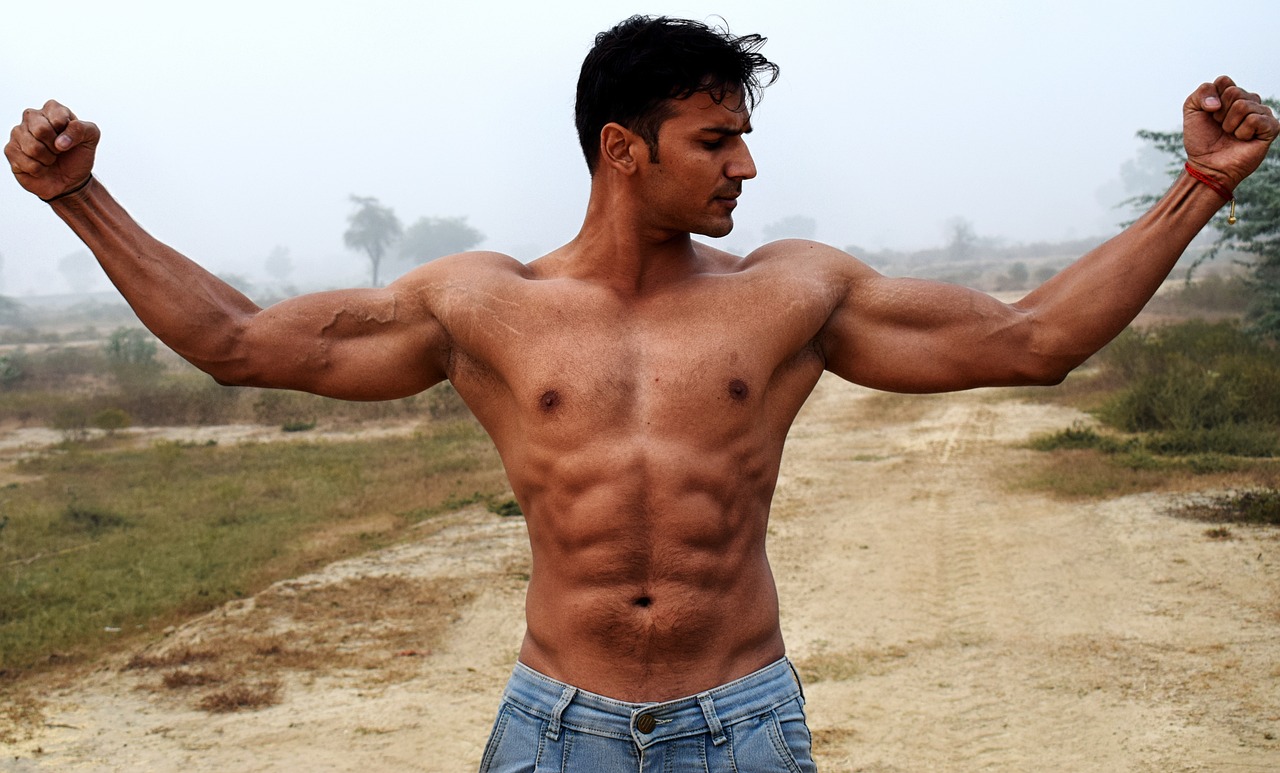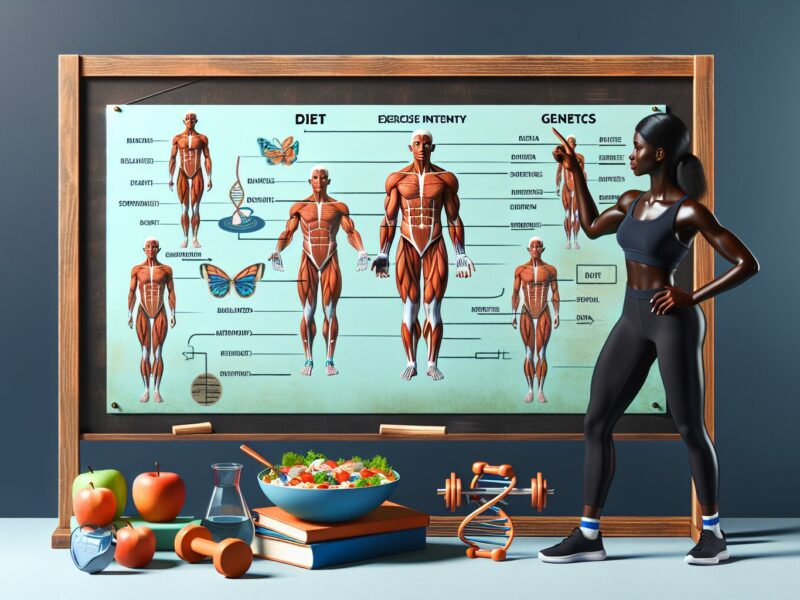Have you ever wondered how long it takes to build a good physique? Whether you’re aiming for a toned body, bulging muscles, or just overall fitness, the timeline can often feel elusive. With countless workouts and diet plans promising quick results, it’s hard to determine what’s realistic and what’s simply too good to be true. In this article, we’ll explore the factors that contribute to building a good physique and provide insights into the time and effort required to achieve your fitness goals. So grab your workout gear and let’s find out just how long it takes to sculpt the body of your dreams!
Factors affecting the time to build a good physique
When it comes to building a good physique, there are several factors that can impact the duration and effectiveness of your journey. Understanding these factors can help you set realistic goals and tailor your approach to ensure the best possible outcomes.
Genetics
Genetics play a significant role in physique development. Each person is born with a unique set of genes that can influence their muscle size, definition, and shape. Some individuals may have a genetic predisposition to quickly gain muscle mass, while others may have a harder time achieving the same results. Similarly, genetic factors can also impact how your body responds to exercise and nutrition, with some people seeing faster progress and better results than others. While genetics are not something you can control, understanding their influence can help you manage your expectations and focus on maximizing your potential.
Current fitness level
Your current fitness level serves as a foundation for your physique transformation. Factors such as your baseline strength and conditioning, body fat levels, and muscle mass all play a role in determining how long it will take to achieve your desired physique. If you are starting from a relatively low baseline, it may take longer to build muscle and reduce body fat compared to someone who is already in good shape. However, it’s important to remember that everyone’s starting point is different, and progress is possible for individuals at any fitness level.
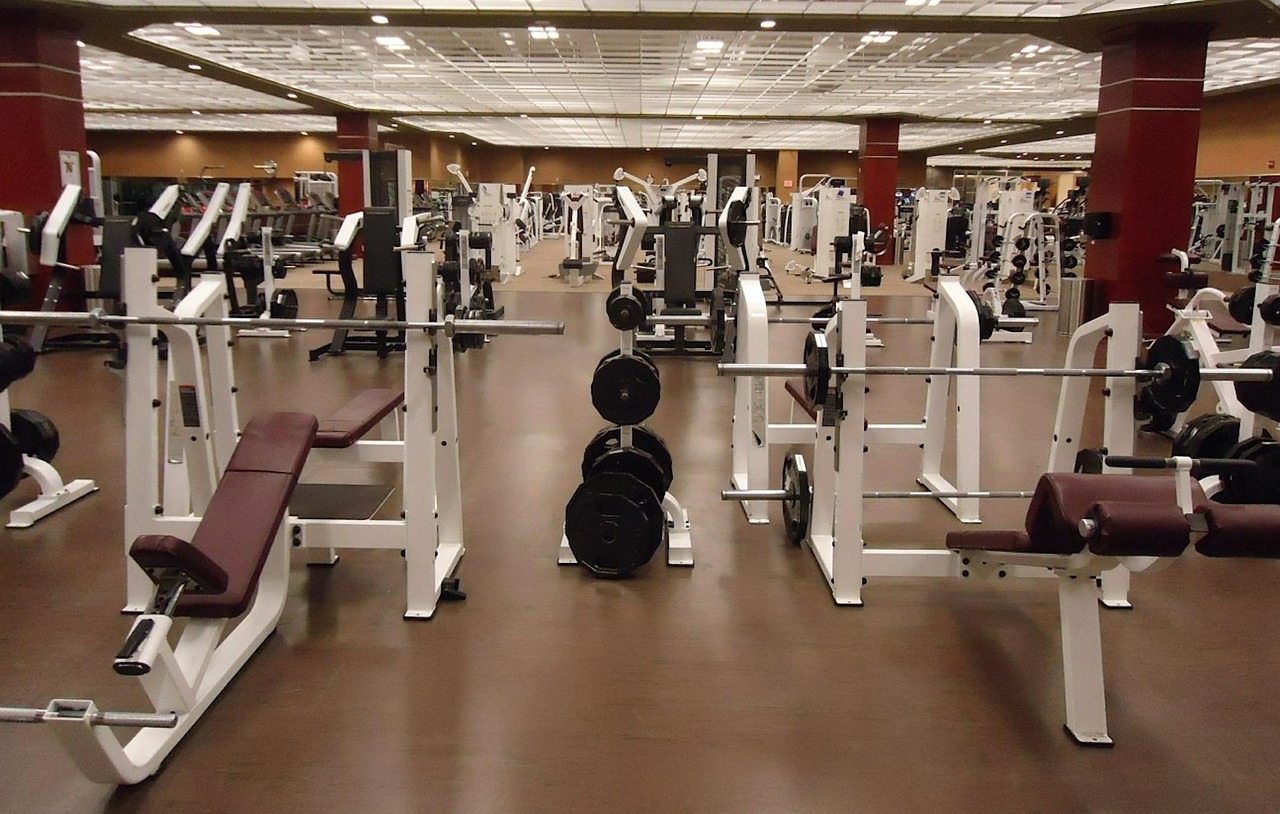
Diet and nutrition
Diet and nutrition are integral components of building a good physique. The type of diet you follow, whether it’s a caloric surplus or deficit, can greatly impact the rate at which you see progress. When aiming to build muscle, a caloric surplus is typically required, providing the energy and nutrients necessary for muscle growth. On the other hand, when aiming to lose body fat, a caloric deficit is necessary to create an energy deficit and promote fat loss. Additionally, the distribution of macronutrients (protein, carbohydrates, and fats) in your diet, the quality and timing of your meals, and the importance of proper hydration all contribute to your physique development. Proper nutrition is crucial for fueling your workouts, promoting muscle growth, and aiding in recovery.
Training frequency and intensity
Consistent exercise is essential for building a good physique. The frequency and intensity of your workouts play a significant role in determining how quickly you progress. Aim for a training frequency that allows for adequate recovery and promotes muscle growth. While there is no one-size-fits-all answer, most individuals benefit from training each muscle group 2-3 times per week. However, it’s important to find the right balance between frequency and intensity to avoid overtraining and minimize the risk of injury. Progressive overload, which involves gradually increasing the demands placed on your muscles, is also crucial for continued progress and growth.
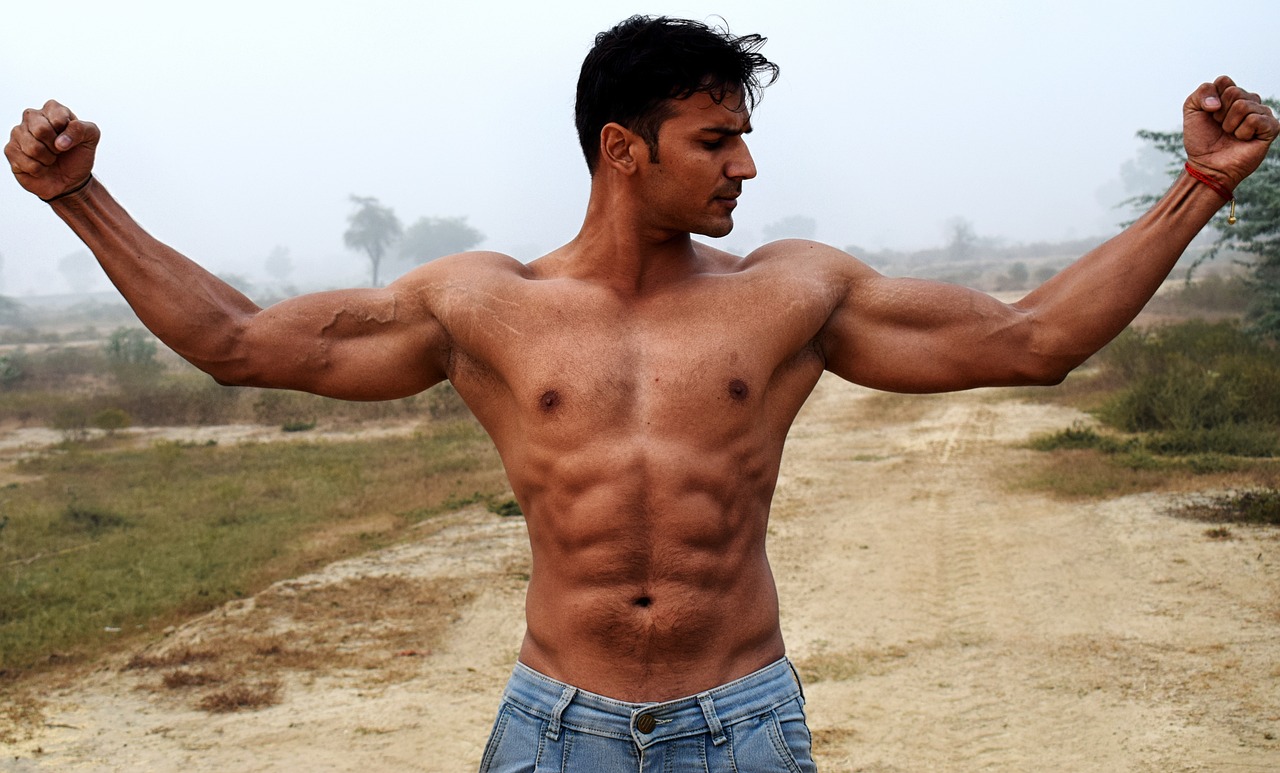
Consistency and adherence
Consistency and adherence to your training and nutrition plan are key to achieving and maintaining a good physique. Sticking to a routine and avoiding program hopping can help you stay focused and make steady progress. Building habits and discipline around your fitness goals is essential for long-term success. While setbacks and plateaus are inevitable, maintaining consistency and overcoming obstacles is crucial for overcoming these challenges and reaching your desired physique.
Age
Age can impact the rate and effectiveness of building a good physique. As we age, our bodies naturally undergo changes that can affect muscle growth and recovery. Older individuals may find it more challenging to build muscle and recover from intense workouts compared to younger counterparts. However, it’s important to recognize that progress is still possible at any age. Modifying training and recovery strategies, such as incorporating more recovery time and focusing on technique and form, can help individuals of all ages achieve their physique goals.

Body composition goals
Everyone has different body composition goals when it comes to building a good physique. Whether your aim is to build muscle mass, lose body fat, increase strength and power, enhance muscle definition, or achieve balance and symmetry, your specific goals will influence the time it takes to reach them. Building muscle and losing fat simultaneously is a complex process that requires a strategic approach to training and nutrition. It’s important to set realistic and achievable goals and work towards them in a sustainable manner.
Injury or medical conditions
Injuries or underlying medical conditions can impact your training progress and the time it takes to build a good physique. It’s essential to prioritize injury prevention and safety during your workouts. If you experience an injury, it’s important to seek professional help and guidance to ensure proper rehabilitation and prevent further damage. Medical conditions may also require specific adaptations to your training and nutrition plan, and consulting with a healthcare professional is crucial to navigate these challenges effectively.
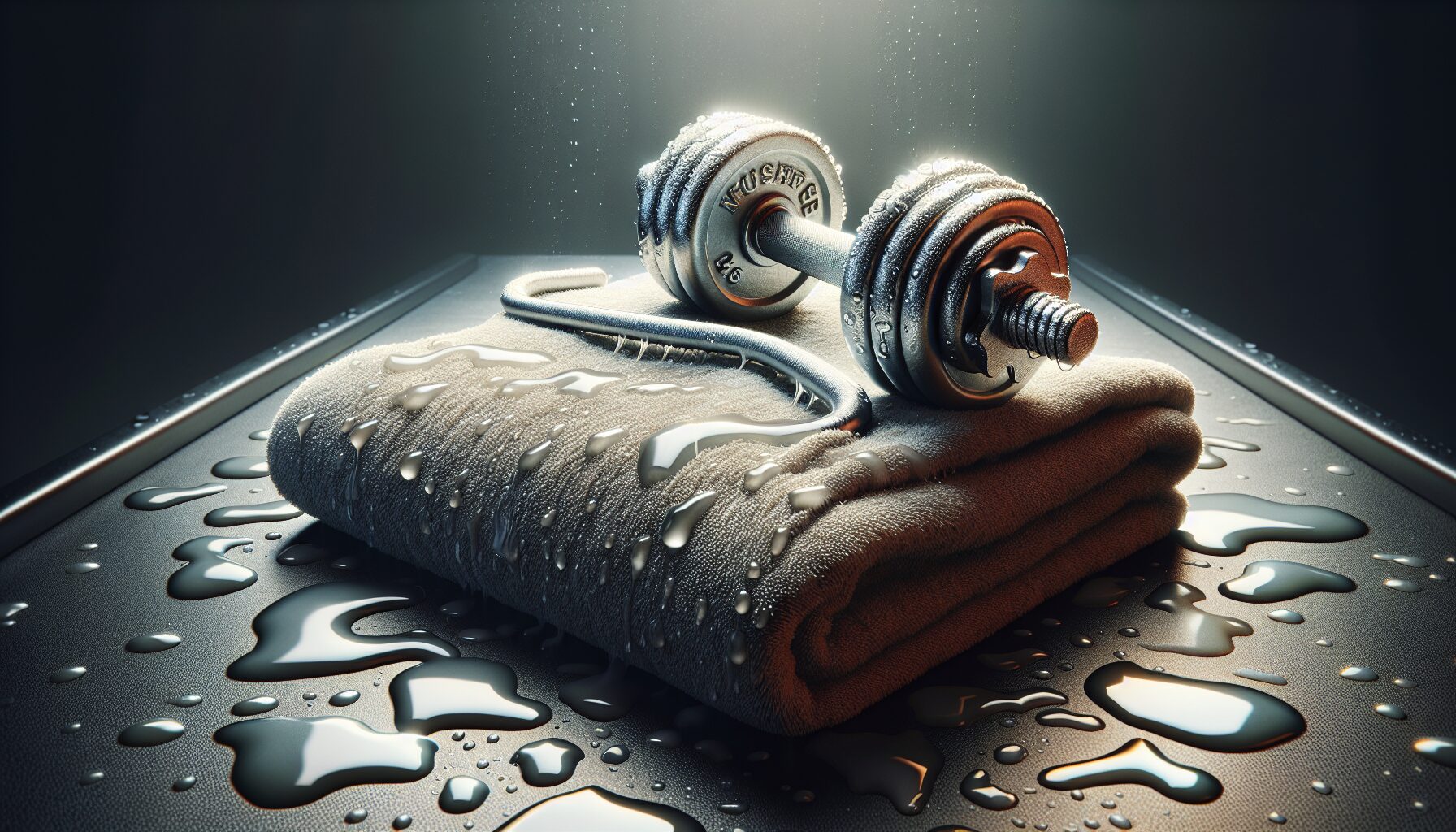
Recovery and rest
Recovery and rest are often overlooked but essential aspects of building a good physique. Your body needs time to repair and rebuild muscle tissue after intense workouts. Without sufficient rest and recovery, you may risk overtraining, decreased performance, and increased risk of injuries. Adequate sleep, nutrition, and incorporating rest days into your training program are crucial for optimizing recovery and ensuring continuous progress.
Supplementation
Supplements can play a role in supporting your physique development, but they are not a magic solution. Before considering supplementation, it’s important to focus on optimizing your diet and training regimen. Supplements should be viewed as additions to an already solid foundation of nutrition and exercise. They are not substitutes for a balanced diet and proper training. It’s essential to understand your individual needs, seek professional advice when necessary, and choose supplements that are safe and effective for your specific goals.
In conclusion, building a good physique requires patience, consistency, and a holistic approach. While it’s natural to want quick results, it’s important to understand that the time it takes to achieve your desired physique will vary based on factors such as genetics, current fitness level, diet and nutrition, training frequency and intensity, consistency and adherence, age, body composition goals, injury or medical conditions, recovery and rest, and supplementation. By understanding these factors and tailoring your approach to your unique circumstances, you can set realistic goals and work towards building a physique that you are proud of. Remember, the journey to a good physique is a marathon, not a sprint, and every step forward is progress towards your ultimate goals.
